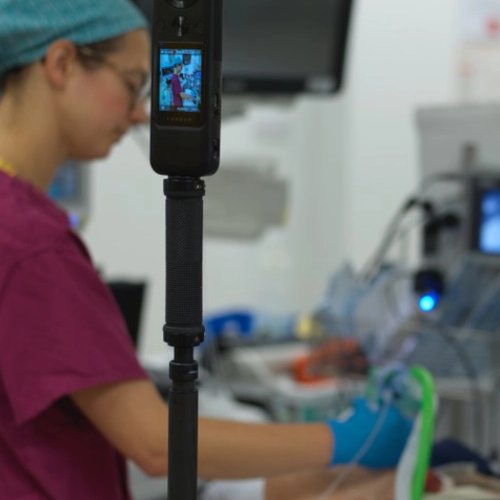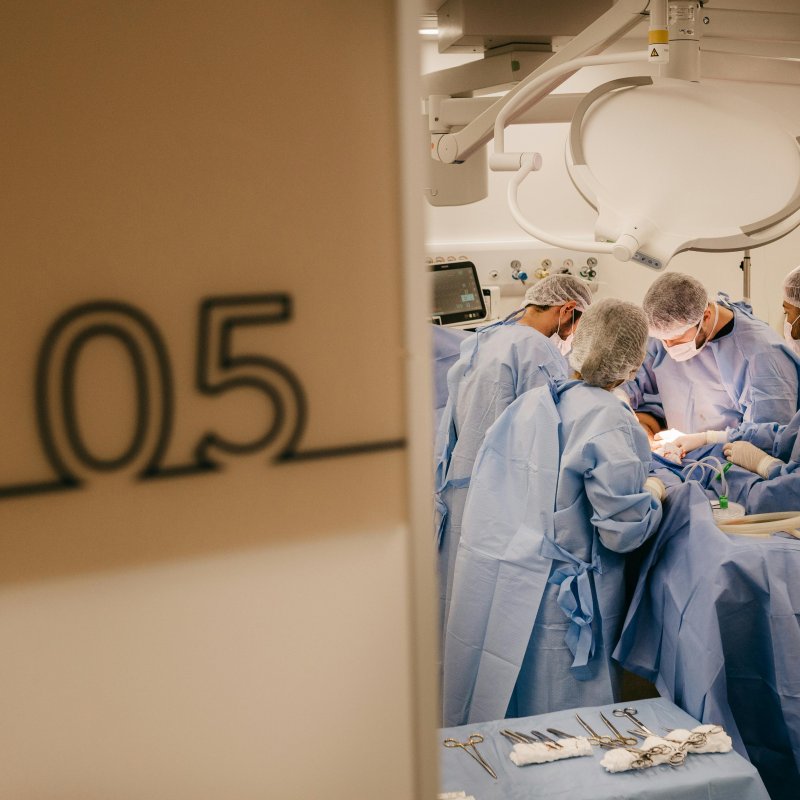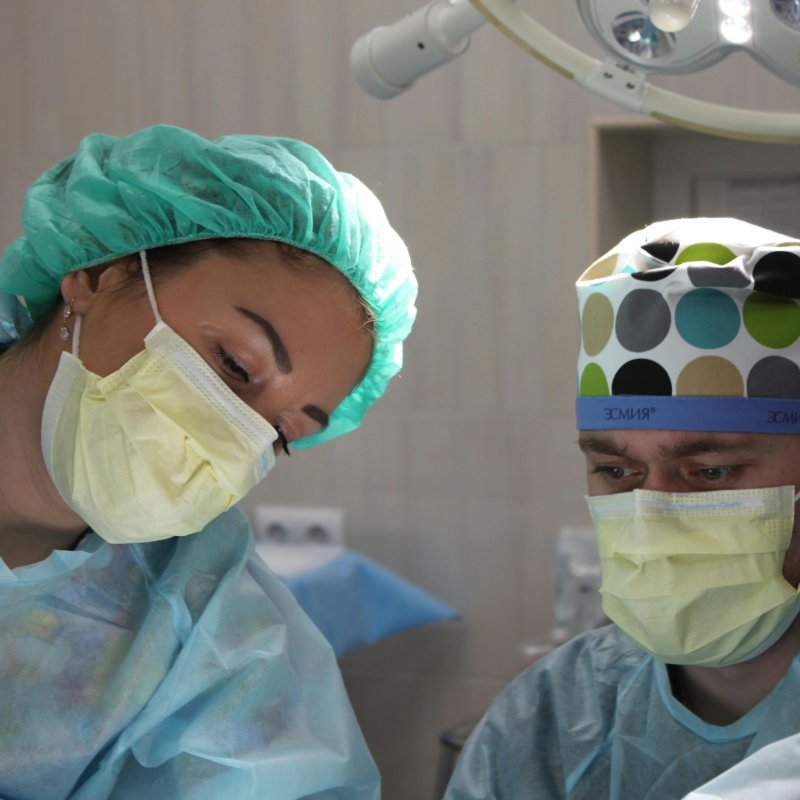Contact Us
+44 20 32897141 / 1 Pickle Mews, London, SW9 0FJ
How to Build a VR Medical Device Training Platform
Published
May 23, 2025
Tags
Traditional medical device training is getting a virtual check-up with VR, introducing an efficient, scalable, and engaging format.
There are an estimated 2 million different kinds of medical devices on the world market according to the World Health Organization. The term ‘medical devices’ can span from apparatus such as a rigid bronchoscopy to ultrasound machinery, all of which deliver some form of medical purpose.
Medical devices have a considerable impact on diagnosis, treatment, and the overall quality of care that is delivered to patients. Each year, the MedTech industry continues to innovate to discover solutions that surpass those on the market to elevate the care a patient receives. According to MedTech Europe, many medical devices have a lifecycle of only 18-24 months before an improved product becomes available.
With this in mind, MedTechs must ensure the medical device training route is efficient and scalable for smooth adoption before a superior product is released onto the market.
The Challenges of Traditional Medical Device Training
Training hundreds of healthcare professionals on the intricacies of complex and specialist medical devices is no small feat. This quest is made even more challenging with the time-pressured availability of said medical professionals, making sequestering time for the required training near impossible. Traditional training methods mean your medical sales team has to travel the length and breadth of their region just to get a glimmer of time with hospital decision makers. This method is costly, time-intensive, and doesn’t always derive value, which can hinder adoption. Not only this, if your medical device is chosen, the training must be relayed to wider users of the device, including trainee doctors and nurses, which if only delivered internally once may not lead to the desired knowledge retention needed to operate such specialist devices. This is further compounded by high turnover rates, where training will need to be repeated on a regular basis to ensure continuous device knowledge across team members.
The Power of VR in Medical Device Training
Thankfully, traditional medical device training is getting a virtual check-up with VR.
The immense potential that exists through virtual reality allows medical device creators to step into a new dimension of training.
Virtual reality (VR) has the capability to visualise any medical device and build scenarios where both decision makers and trainees can interact with digital replicas. At ExR, we are able to capture a 3D scan of your device and apply photogrammetry to produce a digital twin, an exact replica of your medical device. This enables unparalleled accuracy when looking to convert traditional training techniques into the virtual realm, ensuring a seamless transition from virtual training to real-life application.
- Increased Accessibility – As explored earlier on, in-person training is becoming increasingly difficult and your MedTech firm may only be able to access a finite number of medical professionals in a given period, whereas converting your training processes into a virtual format, dramatically improves accessibility and allows you to scale training on a much wider scale.
- Risk Free Training – Utilising VR enables you to create immersive and realistic training scenarios, without risking damage to equipment. Medical devices are complex, expensive, and in some cases rare, and damage to the devices can hinder adoption and even prevent training at other hospitals.
- Improve Knowledge Retention – Virtual reality has been proven to lead to improved knowledge retention and skill development surrounding the topic of training. For example, a study with the University of Bolton found that undergraduate medical students who used virtual reality for just 15 minutes to train using a rigid bronchoscope had a 3x improved knowledge, 2x confidence and 2x improved level of competence.
- Cost Effective – Virtual reality removes many expenses associated with in-person training, including but not limited to, employee travel, accommodation, medical device shipping and employee time.
- Enhanced Sustainability - Traditionally, medical device training would have been an in-person activity, with MedTech sales representatives travelling the length and breadth of the country to deliver training. If you consider one route: a trip from Leeds to London would accumulate 50kg of CO2 emissions. Over time, this format of training accrues a considerable carbon footprint, whereas implementing VR training for your medical devices could dramatically reduce your Scope 1 & 2 emissions.
Build a Medical Device VR Platform
Aside from developing one-off training scenarios, partnering with ExR Education allows you to curate a bespoke training platform hosting an array of training modules for your medical devices and equipment. Utilising VR technology, you could develop training scenarios on how to operate a ventilator or how to assemble a retractor for abdominal insufflation-less surgery (RAIS), or any other training scenario you see fit.
With our bespoke VR platform, you have the ability to control the learning environment. Through our white-labelling offering, the platform will reflect your brand aesthetic and messaging to create a seamless learning experience for prospective hospitals and care environments. Your platform will enable clinicians and nurses to access training modules anytime, anywhere, vastly reducing the learning curve on device operation. The platform can expand and grow with your business, incorporating your latest medical device releases to support adoption rates and timeframes.
Aside from distributing your platform to prospective clients, your MedTech will be able to leverage the extensive medical professional audience ExR has built. Through continued work with the NHS and universities, ExR has developed over 120 VR simulations with 20 NHS Trusts and UK universities and has obtained users from over 50% of NHS England trusts. You can take advantage of a highly-engaged, digital native audience that are embracing VR-enabled training to distribute your tailored medical device training.
Want to accelerate the adoption of your medical device and embrace VR training, speak to our experts today?
Most recent posts
Like what you read?
Please get in touch with us.



